On reflection, the most obvious thing that has stood out to me about my time at CSC is the frequency and severity of traumatic injuries. During my six weeks, I have lost count of the number of times a patient has said that the cause of their traumatic injury was a 'moto vs moto' crash. Seeing the chaos of the traffic within the city, it wasn't hard for me to see why so many patients were coming in with open fractures, dislocated limbs, or devastating nerve injuries
However, the realities of seeing patient after patient come into CSC painfully dragging their mangled leg or holding their now useless arm have truly hammered home to me the burden of traumatic injuries on communities in lower- and middle-income countries such as Cambodia.
In high-income countries, such as the UK, we take the safety of our roads for granted, as well as the rules and regulations that maintain the safety of the public. For a long time, my interest in global health has been in the provision of safe, high-quality care. Seeing the patients who have come to CSC due to road traffic accidents has made it clear to me that the prevention of injuries in the first place is as important, if not more important, than ensuring equitable access to quality surgical care.
Fixing fractures or nerve injuries after high-impact collisions is difficult, even with the bespoke equipment and large multidisciplinary teams in the UK. However, it is made even more difficult with the limited resources available to many surgeons in Cambodia. Beyond this, keeping track of patients after their surgeries and making sure that they receive adequate aftercare (physiotherapy, medications, etc.) adds a further layer of difficulty in ensuring that broken bones and torn nerves heal well enough to function. Fixing injuries after they've happened will always be challenging and fraught with difficulties. Even with the best outcomes, patients will never function as they used to prior to their injury. Therefore, it is incredibly clear to me now, having seen countless patients suffer avoidable injuries in Cambodia, that I (and perhaps other budding doctors interested in trauma in the global context) should be focusing more on prevention rather than management moving forward.
Every arm, leg, foot, or hand that is rendered useless has a profound impact not just on the patient but also on those who they support or are supported by. At CSC, almost all the patients who suffer this type of trauma directly worked with their limbs; some were farmers who processed rice all day, others sewed clothes and sold them in markets. The lives of many of these sons, daughters, fathers, mothers, brothers, and sisters are forever changed. Not only can they no longer live the lives they had planned for or envisioned, but many can no longer provide for their families. Moreover, because of their injuries, their families often have to support them moving forward and pay the high price for surgeries that may or may not improve their prospects. In this way, a simple unavoidable injury can have drastic impacts on multiple generations within a family and a community as a whole.
My experiences with meeting these patients have made it clear to me how important injury prevention is, as well as how little I personally know about it. Obviously, roads and work practices (e.g., in construction) can be made safer in Cambodia, but how? What specific measures can prevent drivers from making dangerous maneuvers that endanger themselves and others? How can driving behaviors be altered by using public education schemes? What infrastructural changes need to be made to the roads and highways? How can we advocate for these changes? Where would the money to make these changes come from? These far-reaching questions require an understanding of Cambodian culture, infrastructural and governmental policies, which I do not currently possess.
Despite this, I am incredibly grateful that my time in Cambodia has made me start thinking about these questions, and I look forward to finding some answers to all these questions.

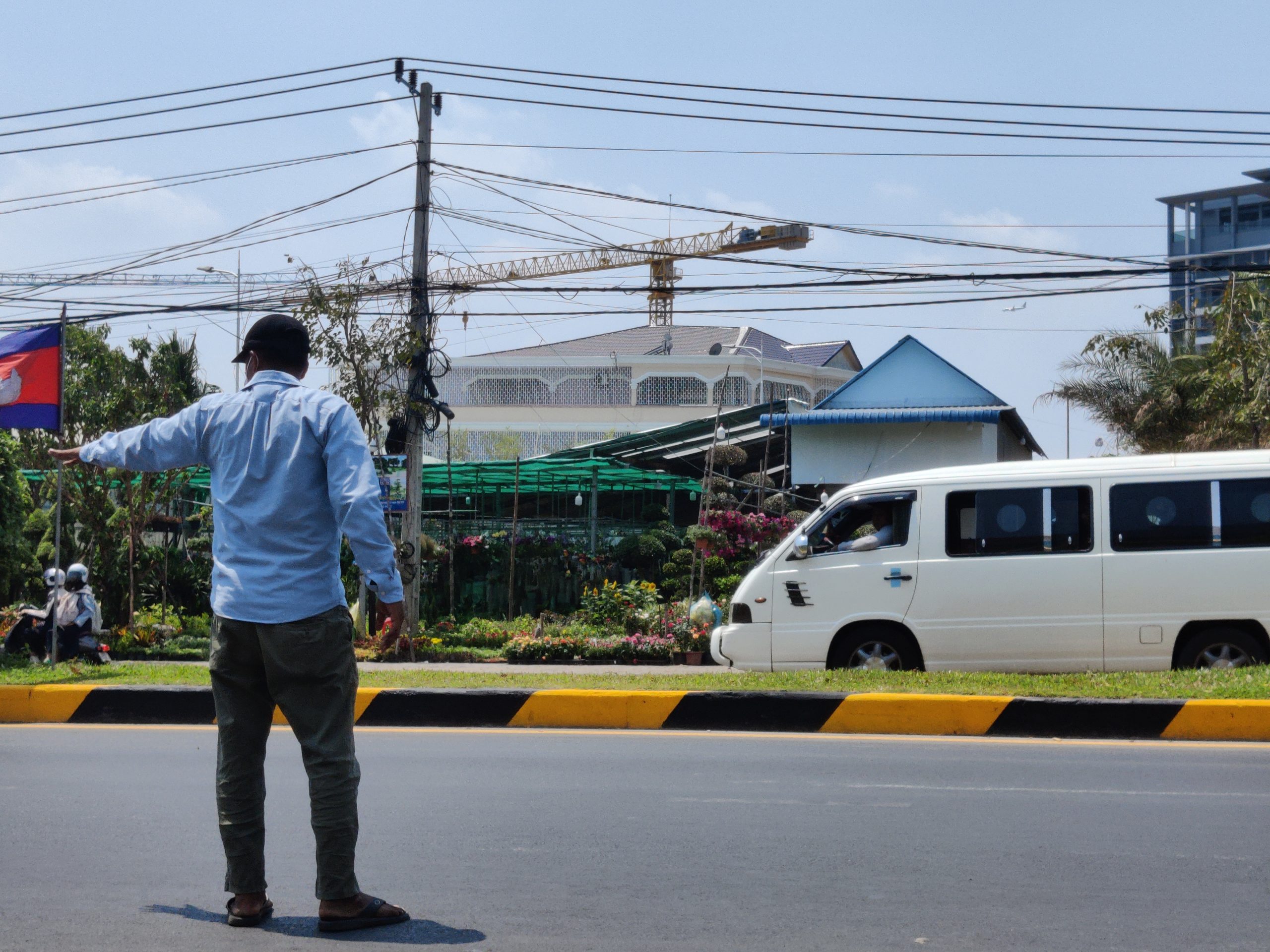
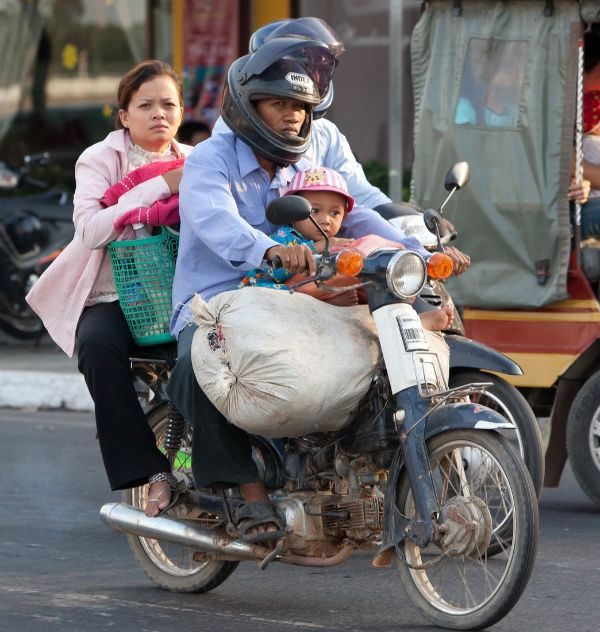
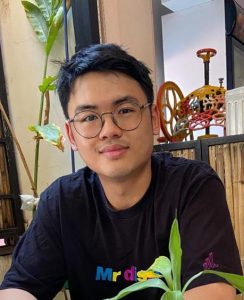

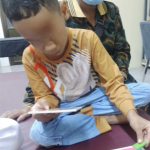

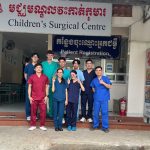
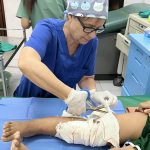
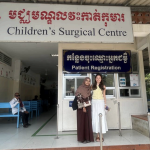
Leave a Reply
You must be logged in to post a comment.